If you're looking to pamper your skin, then sugar scrubs are your new best friend. Not only do they give your skin a nice exfoliation, but they leave you feeling silky smooth. And adding essential oils will take your sugar scrub game to the next level. These amazing oils bring some extra therapeutic benefits to the table, like reducing inflammation, giving your skin a gorgeous glow, and even helping you chill out. Get ready to find the perfect essential oil match for your scrubbing session and all the fantastic perks they bring along. Let's dive in!
Why Add Essential Oils to Sugar Scrubs?
Using essential oils in sugar scrub recipes offers several benefits for body and mind, including:
1. Improved skin health
Many essential oils have antibacterial, antifungal, and anti-inflammatory effects that can improve skin health. They can soothe irritated skin, reduce inflammation, and promote a healthy skin barrier. Some essential oils have astringent properties that can work to tighten and tone the skin, while others can help soften and hydrate the skin.
2. Enhanced scent
Essential oils smell good! And using a sugar scrub that smells heavenly makes the whole experience feel more like a pampering self-care ritual.
3. Aromatherapy
Essential oils have therapeutic properties that can help promote relaxation, reduce stress and anxiety, and improve mood [source]. The scent of essential oils can either help create a calming and soothing atmosphere or rev up your energy level while you're scrubbing down. Let's break down which essential oils can set the mood for sleep, romance, or a productive day.
6 Sugar Scrub Aromatherapy Benefits
Here are some essential oils that you can use to add various benefits into your sugar scrub. These oils work for salt scrubs, too!
1. Sugar Scrub Essential Oils for Energy
For an energy-boosting sugar scrub, peppermint, rosemary, lemon, grapefruit, and eucalyptus are essential oils known to help increase mental alertness and boost energy levels.
Peppermint: contains menthol, which has an invigorating and energizing effect on the body that helps reduce mental fatigue [source].
Rosemary: has been shown to help improve mental focus and clarity [source].
Lemon and grapefruit: Citrus oils have an uplifting and refreshing scent that can reduce stress and give mood and energy levels a boost [source].
Eucalyptus: is also believed to have an energizing effect on the body and enhance mental clarity [source].
Energizing Peppermint Citrus Sugar Scrub
—1 cup raw sugar
—½ cup almond oil
—10 drops lemon essential oil
—10 drops peppermint essential oil
Mix all the ingredients together in a bowl, and store the mixture in an airtight container. Use your scrub in the morning or midday for a burst of energy and invigoration.
2. Sugar Scrub Essential Oils for Stress-Relief
Lavender, bergamot, ylang-ylang, frankincense, and patchouli are essential oils that can help reduce stress, promote relaxation, alleviate anxiety, and promote feelings of happiness.
Lavender and bergamot: Both oils are known for their calming and relaxing properties, which can help reduce stress and anxiety [source] [source].
Frankincense: Renowned for its ability to ground and calm the mind and body [source], frankincense essential oil promotes a sense of inner peace.
Patchouli: is a spicy oil that helps balance the mind and body and promotes an overall sense of tranquility [source].
Ylang-ylang: This oil is believed to have a sedative effect on the body and has been shown to promote calmness [source].
Calming Frankincense Sugar Scrub
—1 cup brown sugar
—½ cup olive oil
—5 drops bergamot essential oil
—15 drops frankincense essential oil
Mix all the ingredients together in a bowl, and store the mixture in an airtight container. Use your scrub when feeling stressed or overwhelmed to promote a sense of calmness and relaxation.
3. Sugar Scrub Essential Oils for Sleep
For a sleep-inducing sugar scrub to improve sleep quality, consider adding lavender, chamomile, bergamot, sandalwood, and cedarwood essential oils.
Lavender: The most popular oil for its relaxing effect on the body, lavender EO promotes a more restful sleep [source].
Chamomile: is a classic essential oil for calming and reducing stress and anxiety [source].
Bergamot: is a delicate citrus oil known to have anti-anxiety effects that lead to relaxation of the mind and body [source] and has also been shown to promote restful sleep [source].
Sandalwood and cedarwood: Two oils with warm, woody aromas that help relax the body [source], reduce blood pressure [source], and create a peaceful atmosphere.
Sleepytime Lavender Sugar Scrub
—1 cup white sugar
—½ cup coconut oil
—10 drops lavender essential oil
—10 drops chamomile essential oil
Mix all the ingredients together in a bowl, and store the mixture in an airtight container. Use your scrub before bedtime to promote relaxation and enhance sleep.
4. Sugar Scrub Essential Oils for Sore Muscles
Many essential oils are useful for soothing inflammation. To soothe complaining muscles, try eucalyptus, rosemary, peppermint, ginger, or black pepper essential oils in a sugar scrub recipe.
Eucalyptus and rosemary: Both have analgesic and anti-inflammatory properties [source] [source], which can help to alleviate muscle inflammation and soreness.
Peppermint: The fresh, minty scent is a result of menthol, which has a cooling effect on the skin and can help to reduce stiff, painful muscles [source].
Ginger: is a spicy oil that has a warming and soothing effect on the muscles and has been shown to greatly reduce muscle pain [source].
Black pepper: has natural analgesic properties to ease the pain of overworked muscles [source].
Rosemary Pepper Sugar Scrub
—1 cup sugar
—½ cup olive oil
—10 drops rosemary essential oil
—10 drops black pepper essential oil
Mix all the ingredients together in a bowl, and store the mixture in an airtight container. Use your scrub before bedtime to soothe tired muscles.
5. Sugar Scrub Essential Oils for Romance
Take advantage of the natural aphrodisiac properties of essential oils by using their scents in a sugar scrub to help set the mood for romance:
Ylang-ylang: With its sweet and floral scent that is believed to have aphrodisiac properties [source], ylang-ylang is a popular choice for romantic blends.
Jasmine: is also believed to have aphrodisiac effects, and its sweet and floral scent is uplifting [source] and has been shown to create romantic feelings [source].
Patchouli: has a musky and earthy scent and has been shown to increase sexual interest [source].
Sandalwood: warm, woody aroma soothes nerves [source] and is often used to help promote sexual feelings, especially in men.
Cinnamon + nutmeg: These spicy, stimulating essential oils can warm the skin, lower blood pressure [source], and soothe brain activity [source] to create feelings of connection.
Get Things Spicy Sugar Scrub
—1 cup brown sugar
—¼ cup sweet almond oil
—10 drops nutmeg essential oil
—10 drops sandalwood essential oil
Mix all the ingredients together in a bowl, and store the mixture in an airtight container. Use your scrub as needed to boost confidence and feelings of connection.
6. Essential Oils Make Sugar Scrubs Smell Good!
It's 100% okay to pick an essential oil just because you love its scent. But if you don't want to send a million drops down the shower drain, these essential oils are known for their strong and distinct scents:
Lavender: Lavender oil does wonders for your skin, and it has a fresh, floral, and soothing scent that is often used in aromatherapy to promote relaxation and reduce stress.
Citrus: Lemon oil has a bright and zesty scent that is uplifting and energizing. It can also help to improve mood and concentration. Grapefruit oil has a sweet and tangy scent that is refreshing and uplifting. It is often used in aromatherapy to boost mood and energy levels. Orange oil has a fresh and citrusy scent that is cheerful and uplifting. It is often used to promote feelings of happiness and well-being [source].
Peppermint: Peppermint essential oil’s cooling and refreshing scent is invigorating and revitalizing. It is often used to relieve anxiety, promote mental clarity, and improve focus [source].
Eucalyptus: Eucalyptus has a refreshing and invigorating scent that is often used in scrubs and showers. It has the added benefit of helping clear clogged sinuses [source].
Floral: Floral essential oils often have strong scents that can make a scrub feel luxurious. Jasmine and rose essential oils are often quite expensive, so look for prediluted blends. Ylang-ylang is another favorite, but remember that a little can go a long way with these oils, or their scents can become a little overpowering.
Citrus Fresh Sugar Scrub
—1 cup white sugar
—½ cup coconut oil
—10 drops orange essential oil
—10 drops grapefruit essential oil
Mix all ingredients together in a bowl, and store in an airtight container. Use your scrub in the shower or bath to exfoliate and invigorate the skin while the citrus scents of the orange and grapefruit uplift your mood and energize your senses.
Essential Oil Sugar Scrub FAQ
Can I add any essential oil to my sugar scrub?
It is generally safe to add essential oils to sugar scrubs, but you should always check to make sure the oil is safe for topical use and if it's appropriate for your skin type.
How much essential oil should I use in my sugar scrub?
The amount of essential oil you should use in your sugar scrub depends on the concentration of the oil and your personal preference. A good rule of thumb is to use between 5 and 20 drops of essential oil per 1 cup of sugar scrub.
Can I mix different essential oils in my sugar scrub?
Yes, you can mix different essential oils in your sugar scrub to create a unique and pleasant aroma. However, be mindful of the recommended dilution ratios for each oil, and make sure they are safe to use together.
What are the benefits of adding essential oils to a sugar scrub?
Essential oils can add fragrance and therapeutic benefits to sugar scrubs. They can help to improve the appearance and texture of the skin, boost mood and energy levels, and promote relaxation and stress relief.
Can essential oils in sugar scrubs cause skin irritation?
Some essential oils can cause skin irritation and sensitization, especially when used in high concentrations or on sensitive skin. It's important to do a patch test before using the sugar scrub on larger areas of the body and to dilute the essential oils properly.
References (in order of appearance):
1. Ali B, et al. Essential oils used in aromatherapy: a systemic review. Asian Pac J Trop Biomed. 2015.
2. Zhao H, et al. Peppermint essential oil: its phytochemistry, biological activity, pharmacological effect and application. Biomed Pharmacother. 2022.
3. Moss M, et al. Plasma 1,8-cineole correlates with cognitive performance following exposure to rosemary essential oil aroma. Ther Adv Psychopharmacol. 2012.
4. Dosoky NS, et al. Biological activities and safety of Citrus spp. essential oils. Int J Mol Sci. 2018.
5. Ayaz M, et al. Neuroprotective and anti-aging potentials of essential oils from aromatic and medicinal plants. Front Aging Neurosci. 2017.
6. Koulivand PH, et al. Lavender and the nervous system. Evid Based Complement Alternat Med. 2013.
7. Borges e Soares GA, et al. Exploring pharmacological mechanisms of essential oils on the central nervous system. Plants (Basel). 2022.
8. Swamy MK, et al. A comprehensive review on the phytochemical constituents and pharmacological activities of Pogostemon cablin Benth.: an aromatic medicinal plant of industrial importance. Molecules. 2015.
9. Tan LTH, et al. Traditional uses, phytochemistry, and bioactivities of Cananga odorata (ylang-ylang). Evid Based Complement Alternat Med. 2015.
10. Srivastava JK, et al. Chamomile: a herbal medicine of the past with bright future. Mol Med Report. 2010.
11. Chen ML, et al. The effect of bergamot essential oil aromatherapy on improving depressive mood and sleep quality in postpartum women: a randomized controlled trial. J Nurs Res. 2022.
12. Dayawansa S, et al. Autonomic responses during inhalation of natural fragrance of Cedrol in humans. Auton Neurosci. 2003.
13. Natália Čmiková, et al. Chemical composition and biological activities of Eucalyptus globulus essential oil. Plants (Basel). 2023.
14. Rahbardar MG, et al. Therapeutic effects of rosemary (Rosmarinus officinalis L.) and its active constituents on nervous system disorders. Iran J Basic Med Sci. 2020.
15. Mashhadi NS, et al. Anti-oxidative and anti-inflammatory effects of ginger in health and physical activity: review of current evidence. Int J Prev Med. 2013.
16. Costa R, et al. Evaluation of analgesic properties of Piper nigrum essential oil: a randomized, double-blind, placebo-controlled study. World J Tradit Chin Med. 2020.
17. Tan LTH, et al. Traditional uses, phytochemistry, and bioactivities of Cananga odorata (ylang-ylang). Evid Based Complement Alternat Med. 2015.
18. Hongratanaworakit T. Stimulating effect of aromatherapy massage with jasmine oil. Nat Prod Commun. 2010.
19. Wayowan W, et al. The effects of jasmine oil inhalation on brain wave activities and emotions. J Health Res. 2013.
20. Martina Höferl, et al. A pilot study on the physiological effects of three essential oils in humans. Nat Prod Commun. 2016.
21. Ranasinghe P, et al. Medicinal properties of ‘true’ cinnamon (Cinnamomum zeylanicum): a systematic review. BMC Complement Altern Med. 2013.
22. Naeem N, et al. Nutmeg: a review on uses and biological properties. Int J Chem Biochem Sci. 2016.
23. Nakamura T, et al. Eucalyptus oil reduces allergic reactions and suppresses mast cell degranulation by downregulating IgE-FceRI signalling. Sci Rep. 2020.
9
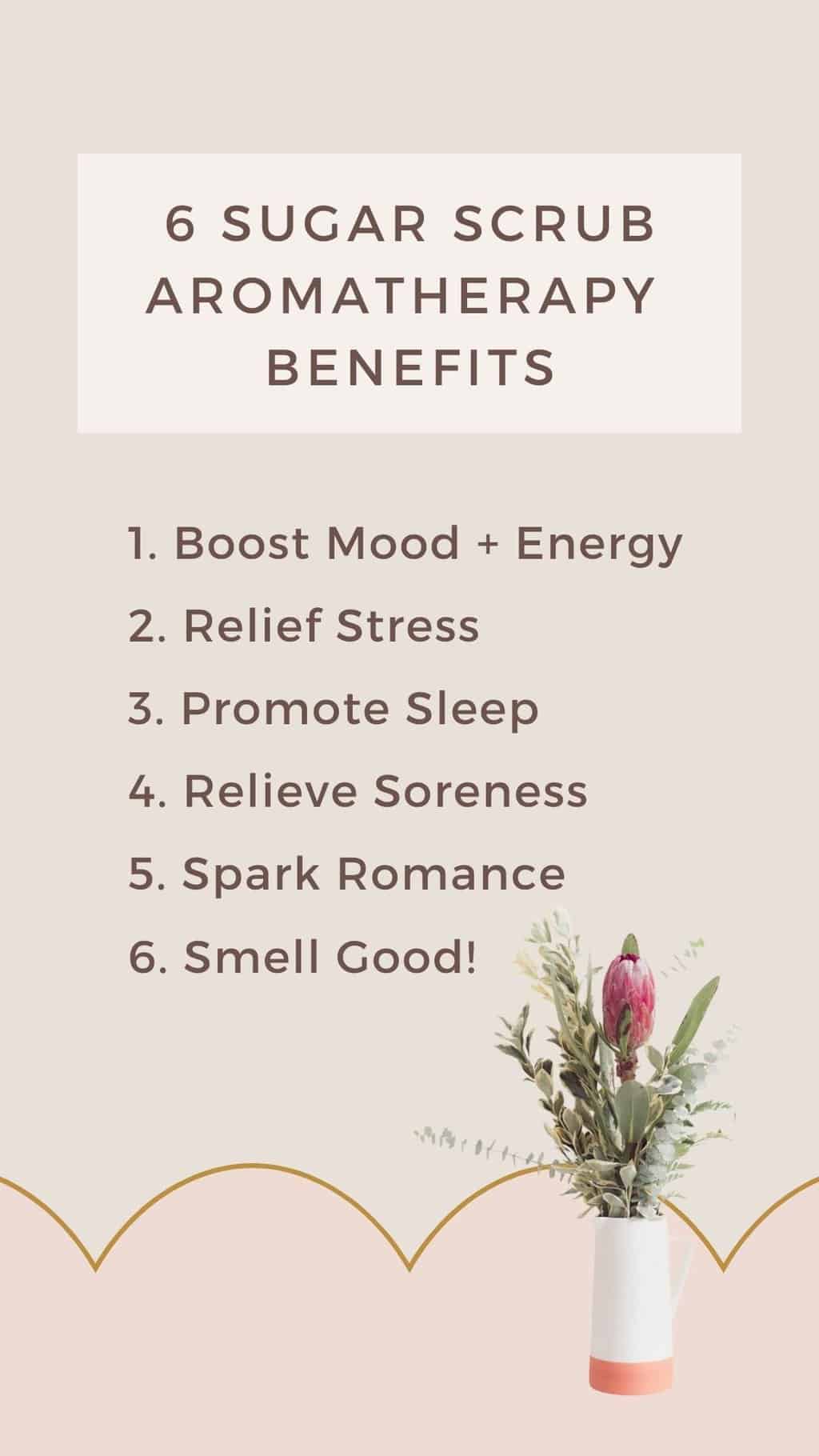
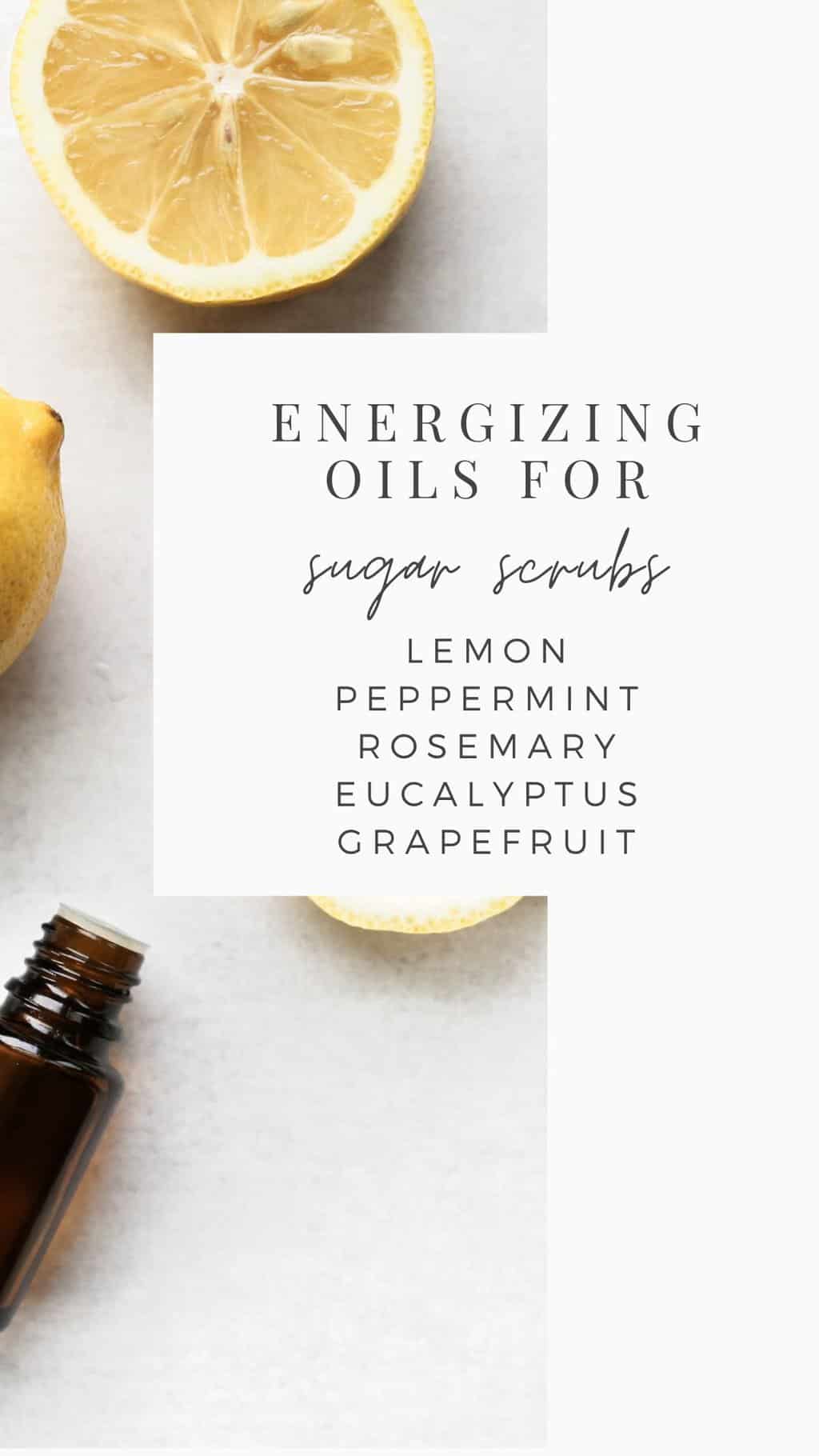
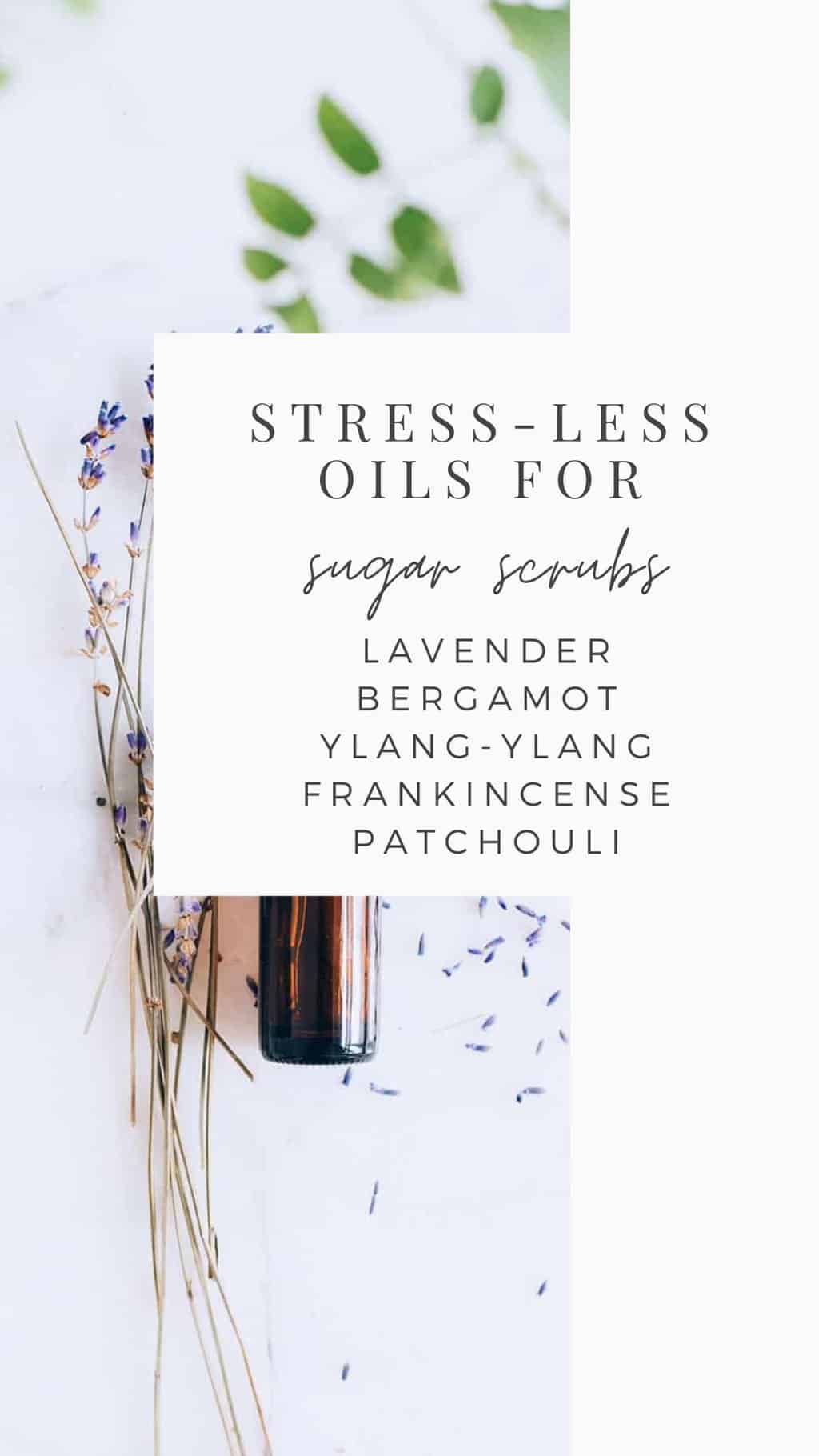
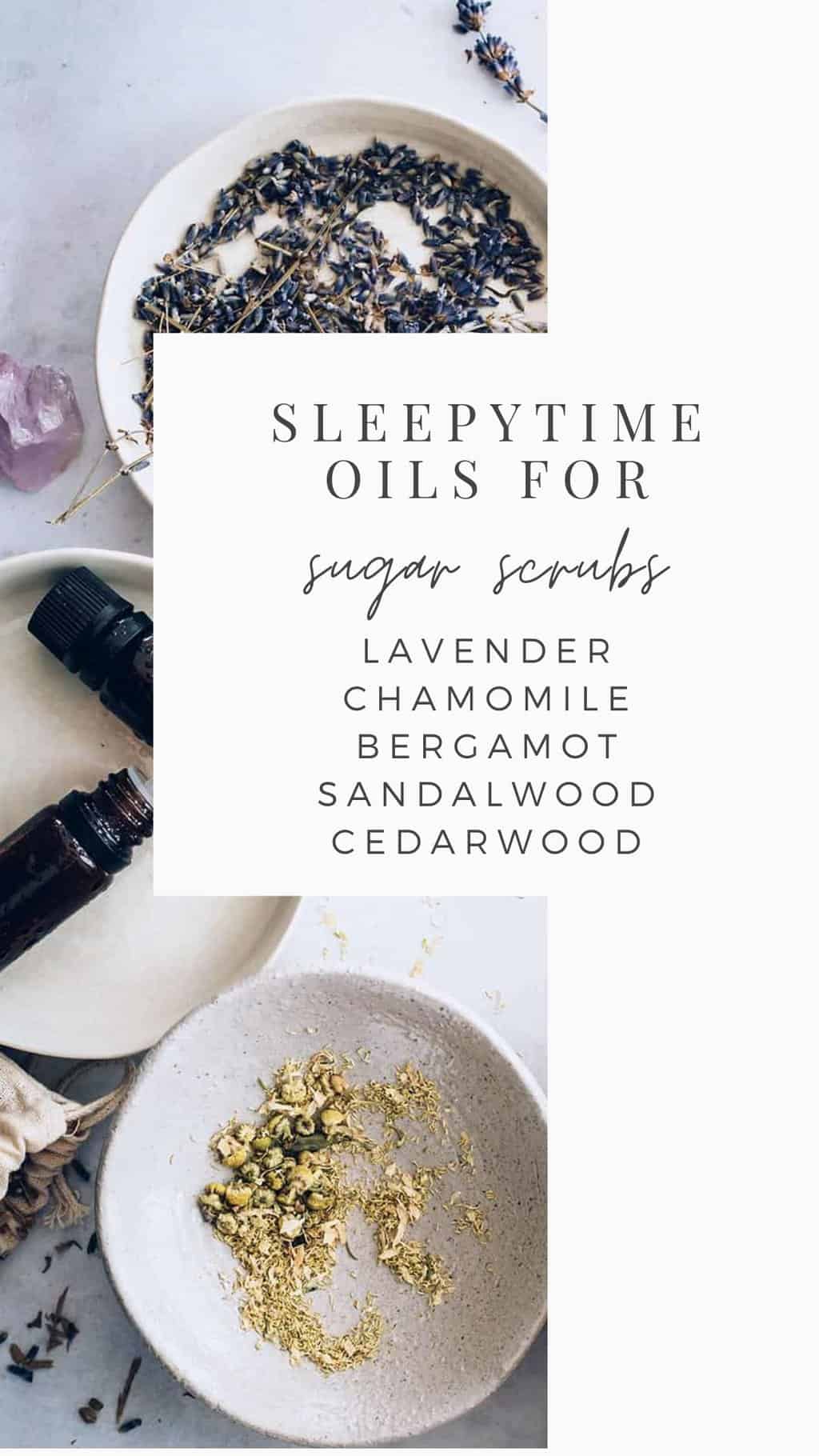
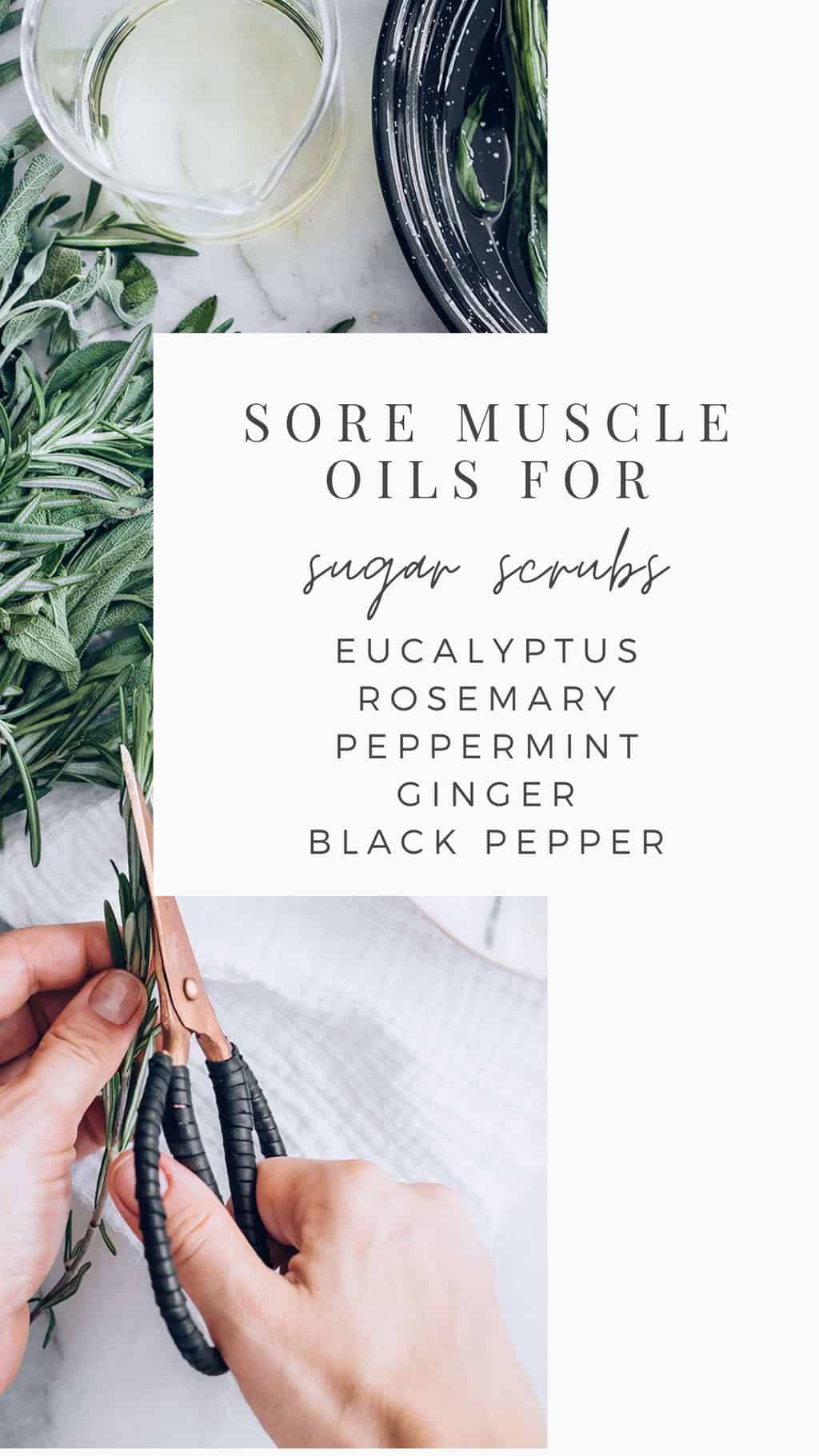
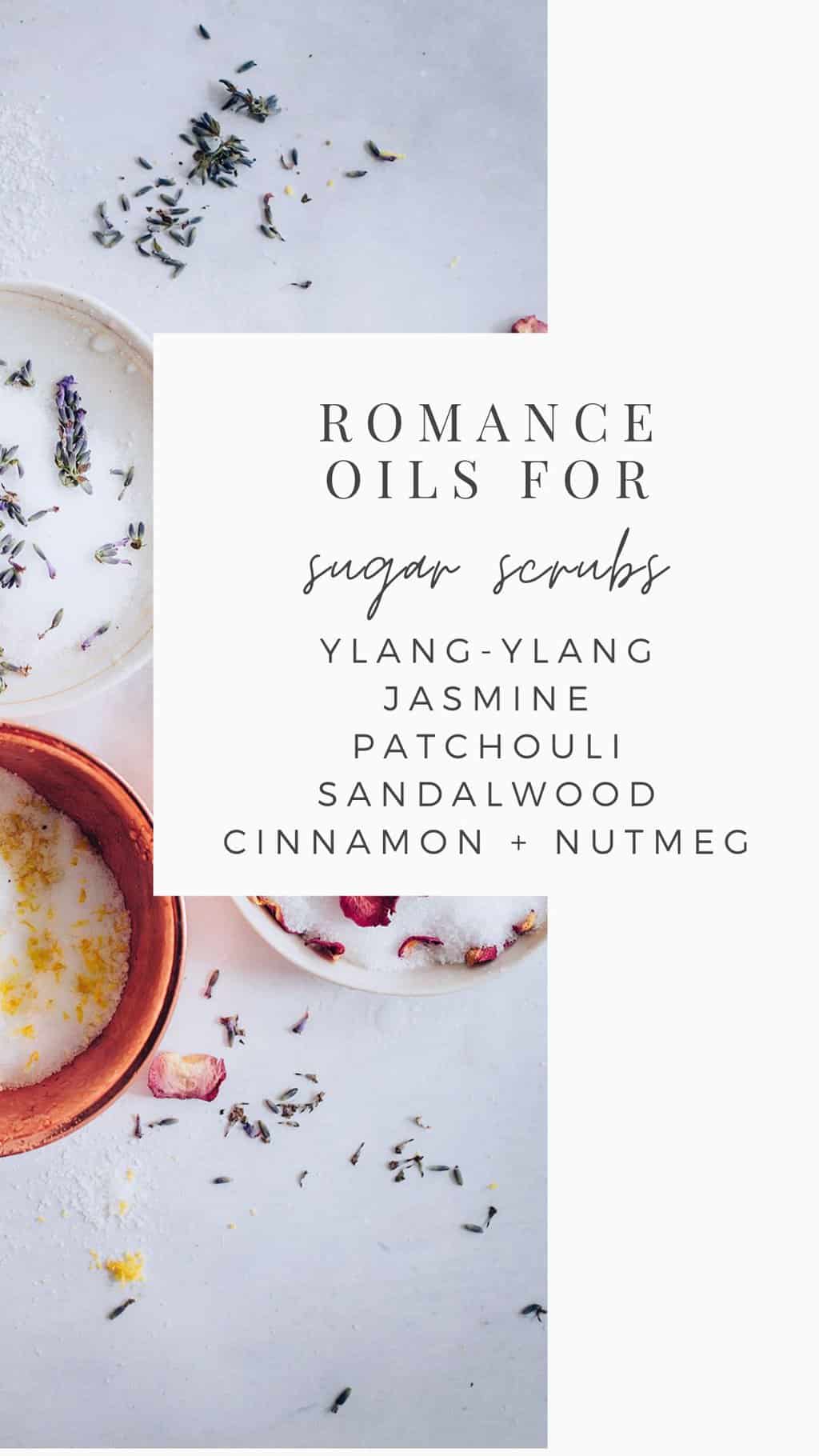
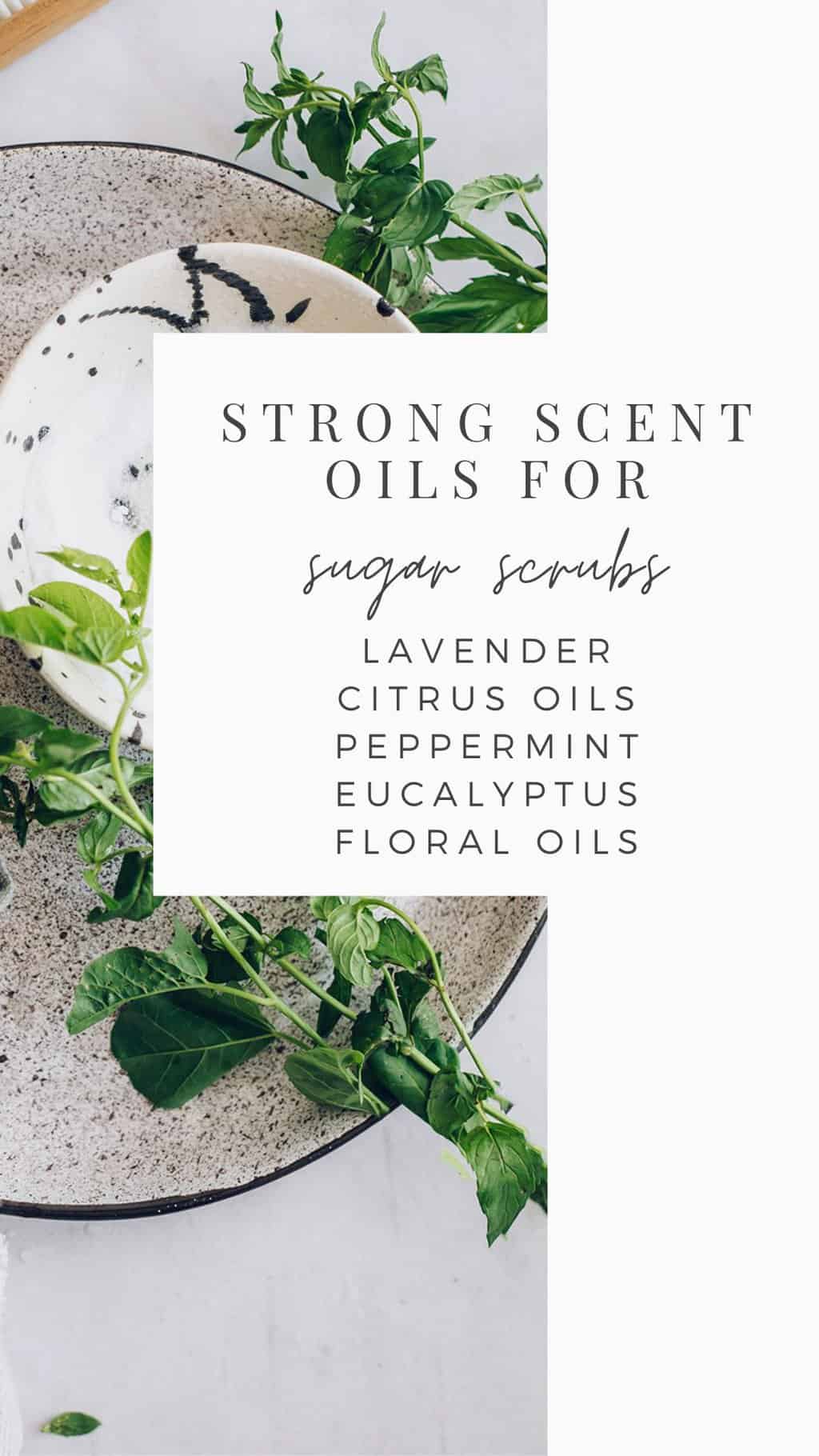
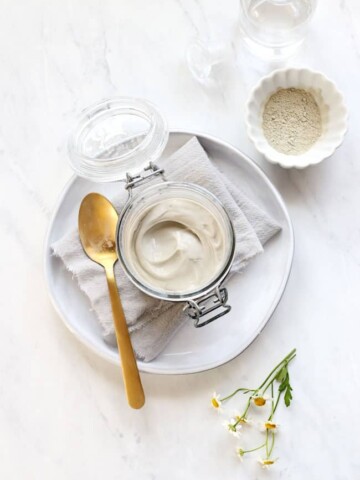
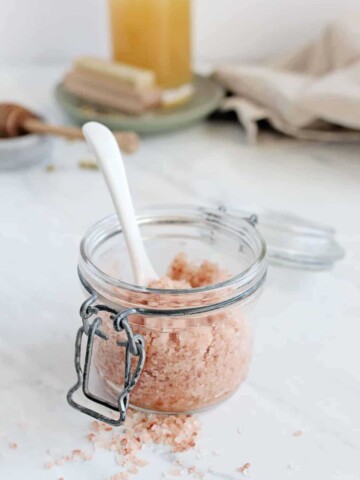
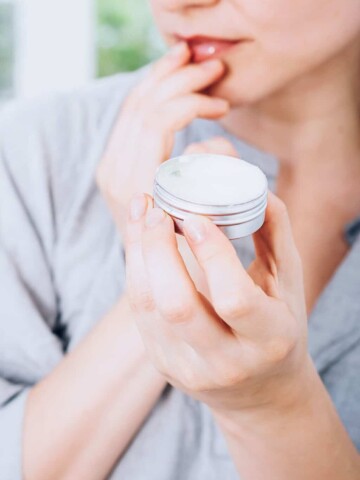
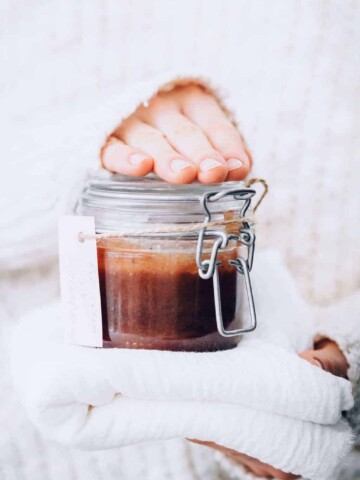
Leave a Comment